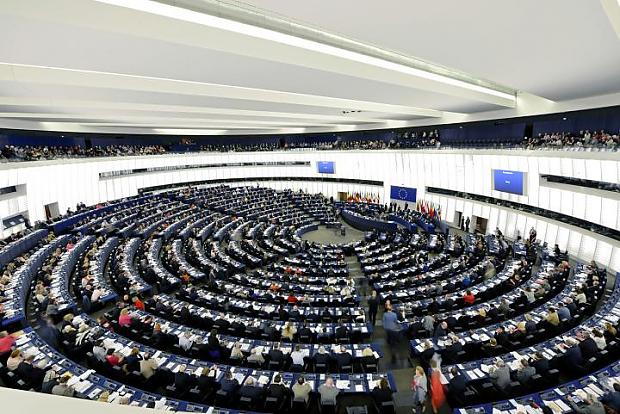'State of the Union 2018': Juncker trapped inside his own bubble
'State of the Union 2018': Juncker trapped inside his own bubble

In his last ´State of the Union´ address as president of the European Commission, delivered today in Strasbourg, Jean-Claude Juncker showed just how trapped he is inside the Brussels bubble. Commenting on Juncker's speech, SP Euro-MP Dennis de Jong said, “He's got a cheek, calling himself a friend of Greece while most Greeks have been plunged into deep poverty in recent years as a result of European policies; or calling for more migrants from outside the EU when unemployment in so many member states continues to rise. If Juncker has achieved anything, it's that the heads of governments, like lambs to the slaughter, have given ever more power to Brussels. That's why Juncker feels free in relation to policy areas such as taxation, justice, the euro and foreign policy to demand still more power for the Brussels bubble. Just like our own prime minister Mark Rutte, Juncker loves the EU. And both of them love the multinationals. So the task for the European voter next year will be to burst the bubble in a single blow.”
Seldom has Juncker opted so openly for the interests of big capital. “If you want to bring more qualified workers from outside the EU, this will simply reduce the power of organised European workers,” De Jong argued. “Juncker knows that very well, but he'd rather listen to the multinationals than to the trade union movement. Juncker is revealing himself more and more to be a pillar of the establishment.”
That goes equally for his proposals for the further transfer of powers to Brussels. “The EU's a long way from putting its own house in order,” said De Jong. “Inside the European institutions there's talk of formally defined maladministration, such as in the appointment of Selmayr as Juncker´s Secretary General, and at the Asylum Agency, paralysed by fraud. There's even an ongoing investigation into alleged serious fraud by a former member of the European Court of Auditors. And apparently we should be handing over more powers to this mess, on such extremely sensitive policy areas as taxation and justice. I don't think so. In any case it's clear that in the European elections of May 2019 a vote for the established parties would be a vote for the bubble. The 90% can't expect anything from that. Their interests count for nothing.”
